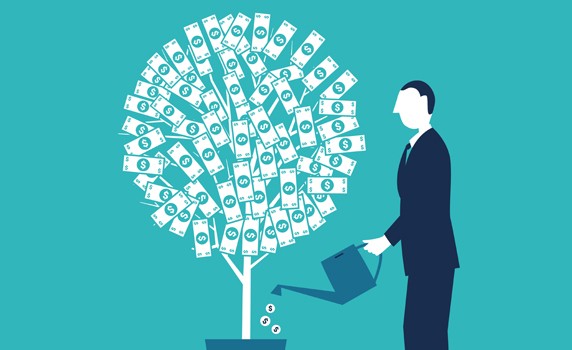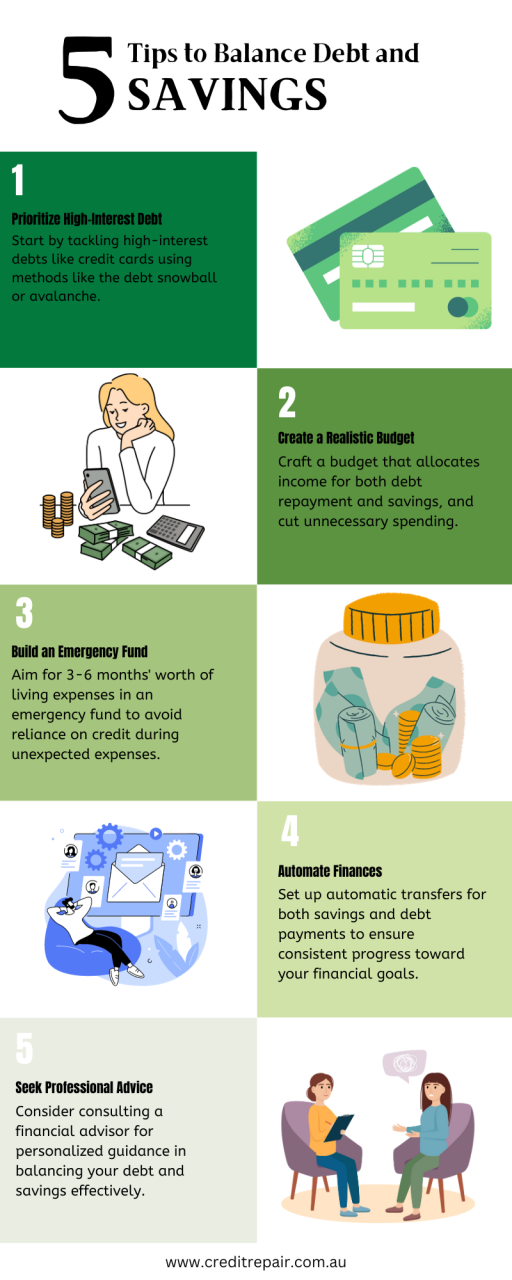Wednesday, 1 February 2023
5 tips to start managing credit card debt today
If your credit card debt has spiraled out of control and is causing you serious financial problems, you’re not alone. According to the Australian Securities and Investment Commission (ASIC), Australians owe around $32 billion in credit card debt or an average of around $4,200 per credit card holder.
The primary causes of credit card debt include excessive use of credit, reduced income or unemployment, relationship breakdown, ill health and gambling. Unfortunately, too much credit card debt, late or missed payments, or only being able to pay the minimum owing on credit cards can negatively affect your credit history. But no matter how bad things seem, there are ways to begin improving your credit card situation today.
Always pay more than the minimum
The average card holder pays around $700 in interest per year if their interest rate is between 15 to 20 percent. If you have $4,400 of credit card debt and only make the minimum repayments, it will take you 31 years to pay off your debt and cost you around $14,900 in interest. However, if you paid off $216 each month you’d pay off your debt in 2 years and save $9,700 in interest. Even an extra $50 a month can make a huge difference. Only paying the minimum also signals to lenders that you are under financial stress, which could have a negative impact on your credit worthiness.
Make and stick to a budget
If you really want to get out and stay out of credit card debt, the best solution is to pay off your balance in full each month. Obviously, this can be difficult when you have a mountain of debt but it’s the goal to aim for. Begin by treating your credit card like a debit card, charging only what you know you can afford to pay off each month. Making and sticking to a budget can really help you work out where you’re overspending to make this more manageable.
Stop adding to your debt
The long-term solution to avoiding excess credit card debt and protecting your credit history is to stop accumulating more debt than you can repay. Set up a direct debit to pay a fixed amount off your credit card balance each payday. Leave your credit card at home and start relying on cash and your debit card for regular bills and everyday expenses.
Prioritise your debts
Sometimes when you have multiple debts it can be hard to know where to start. Make a list of your credit card debts in order of how high the interest rate is. Focus on paying off the card with the highest rate first – being sure to still pay the minimum, or ideally a little more, on the other cards meanwhile – and then keep moving down the list.
Explore all of your options
If your credit card and other debts have spiraled out of control to the point where you’re facing insolvency, it’s time to consider all of the options available to you. These may include negotiating with your creditors, getting a moratorium for up to 12 months while you get back on your feet, a debt consolidation loan, a debt agreement.
If you’re having trouble managing your credit card debt, find out more about our debt help solutions.
since version 3.0.0 with no alternative available. Please include a comments.php template in your theme. in


 You're an Australian resident
You're an Australian resident You're between 18-65 years old
You're between 18-65 years old You or your partner have a regular income
You or your partner have a regular income You may need to borrow money or take control of your debt
You may need to borrow money or take control of your debt You may have been declined for a loan or have trouble paying your debt
You may have been declined for a loan or have trouble paying your debt We'll work with you fully understand your financial situation
We'll work with you fully understand your financial situation We will help you understand your credit report and the areas for improvement
We will help you understand your credit report and the areas for improvement You may yourself without charge obtain a copy of your credit record and challenge any entry on your credit report
You may yourself without charge obtain a copy of your credit record and challenge any entry on your credit report If you're applying for credit restoration improvement, we cannot guarantee that all adverse credit notations are removed from your credit report
If you're applying for credit restoration improvement, we cannot guarantee that all adverse credit notations are removed from your credit report We can only use our best endeavours to ensure that your credit record is true and correct
We can only use our best endeavours to ensure that your credit record is true and correct We will not provide you with any Insolvency services unless and until we've advised you that you may obtain help, free of charge, with credit and debt related problems from community based financial counsellors.
We will not provide you with any Insolvency services unless and until we've advised you that you may obtain help, free of charge, with credit and debt related problems from community based financial counsellors.





Leave a Reply